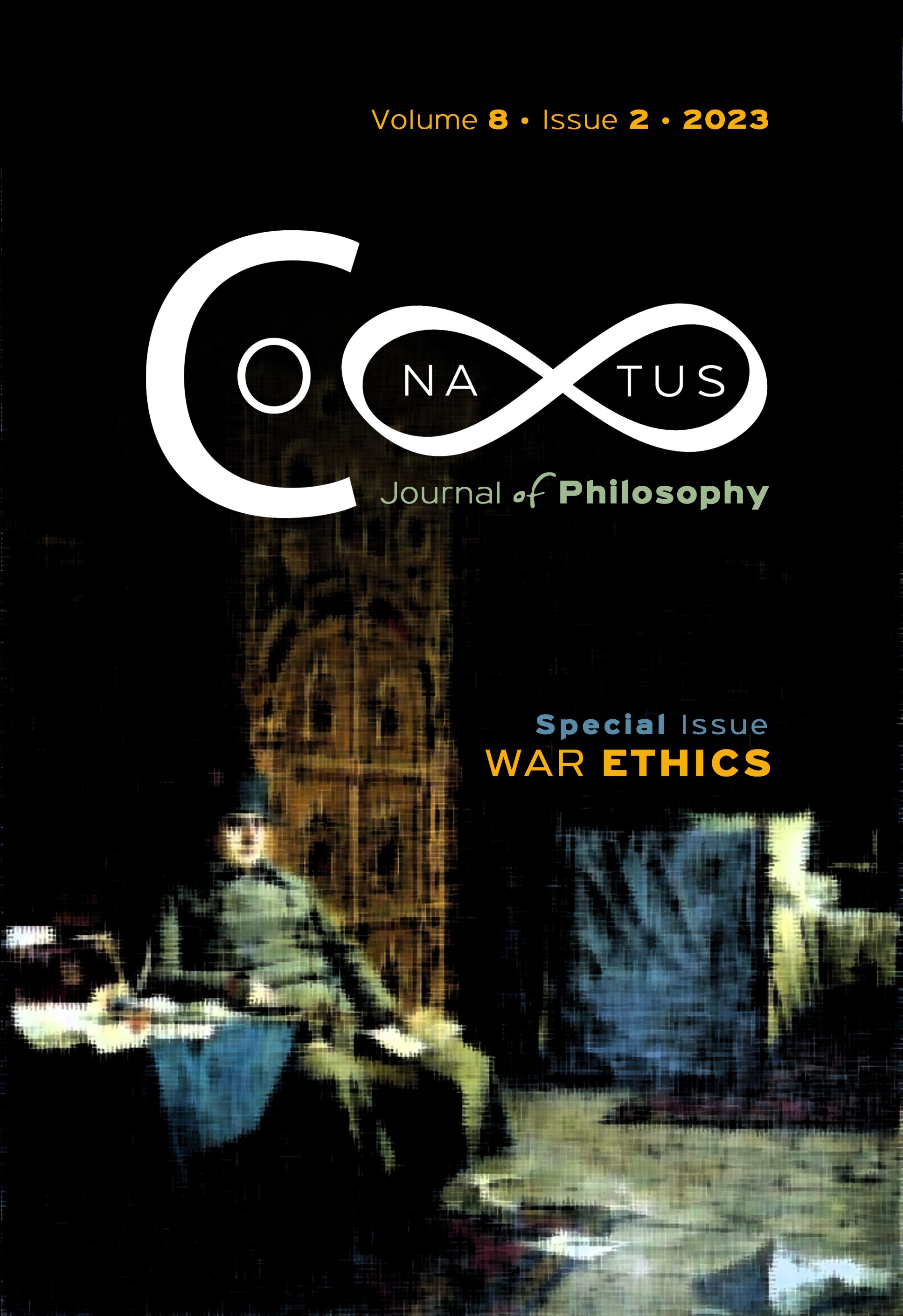Morals and Ethics in Counterterrorism

Abstract
Political leaders, philosophers, sociologists, historians, political scientists, law scholars and economists approach terrorism in diverse ways, especially its definition. Politicians assign the meaning to the term terrorism that best suits them. Political scientists analyze the actions of those in the geopolitical framework. Moral philosophers look at terrorism from the viewpoint of fairness. Historians make a comparative assessment of the phenomenon through its evolution over time, and scholars of law simply dissect counterterrorism measures and assess their consistency with customs and current legislation. Sociologists stress the importance of culture, social relationships and social interactions. Eventually, politicians and lawmakers are not immune to the influence of the common ethics and morals of their own societies and the uses and habits of their own cultures, including religious aspects. Morals and ethics relate to “right” and “wrong” conduct; the first provides guiding principles, and the latter refers to rules provided by an external source, e.g., codes of conduct in workplaces or principles in religions. While morals are concerned with principles of right and wrong, ethics are related to right and wrong conduct of an individual in a particular situation. Ethics, morals and religion are intertwined in the antithetical principles “good and evil.” This work aims to scrutinize the crucial concept of just and unjust war, and just and unjust combatants, and to elaborate on some critical moral and ethical elements within the modern understanding of the interplay between terrorism, counterterrorism, fundamental human rights, and international humanitarian law. Through the examination of all pertinent theoretical positions the paper seeks to shed light on the limits of the use of force and the justification of the violation of fundamental rights in the War on Terror.
Article Details
- How to Cite
-
Marsili, M. (2023). Morals and Ethics in Counterterrorism. Conatus - Journal of Philosophy, 8(2), 373–398. https://doi.org/10.12681/cjp.34495
- Section
- Articles
- Categories

This work is licensed under a Creative Commons Attribution-NonCommercial 4.0 International License.
Authors who publish with this journal agree to the following terms:
Authors retain copyright and grant the journal right of first publication with the work simultaneously licensed under a Creative Commons Attribution Non-Commercial International License (CC BY-NC 4.0) that allows others to share the work with an acknowledgement of the work's authorship and initial publication in this journal.
Authors are able to enter into separate, additional contractual arrangements for the non-exclusive distribution of the journal's published version of the work (e.g. post it to an institutional repository or publish it in a book), with an acknowledgement of its initial publication in this journal.
Authors are permitted and encouraged to post their work online (preferably in institutional repositories or on their website) prior to and during the submission process, as it can lead to productive exchanges, as well as earlier and greater citation of published work.





